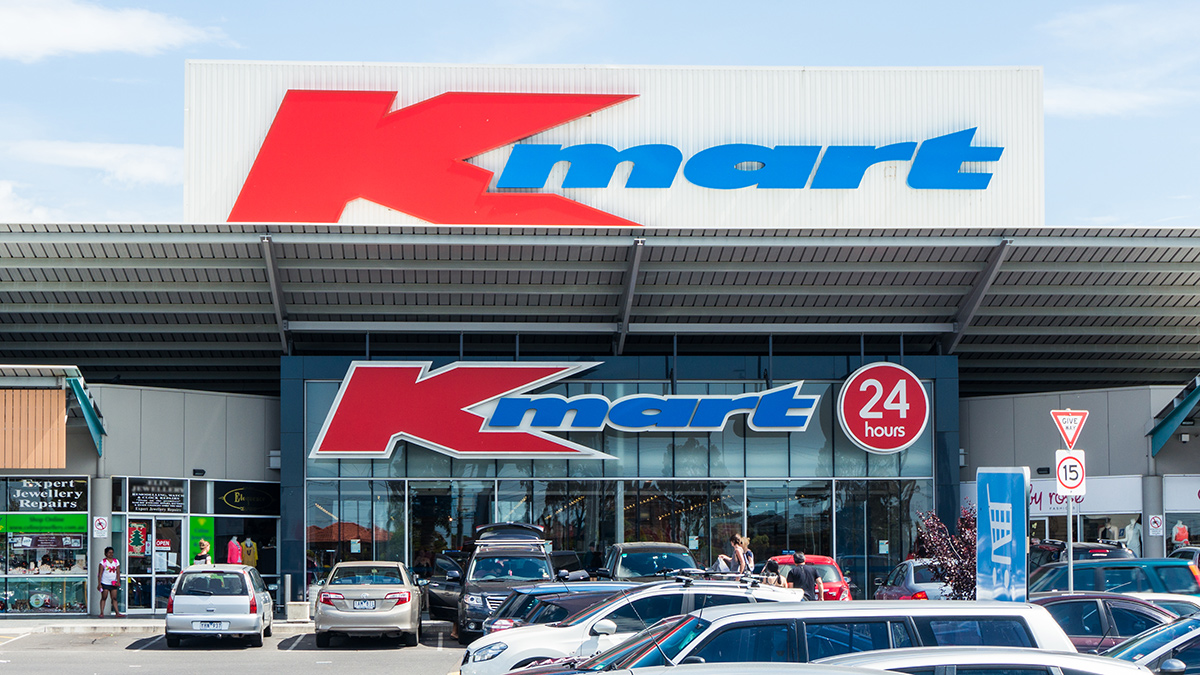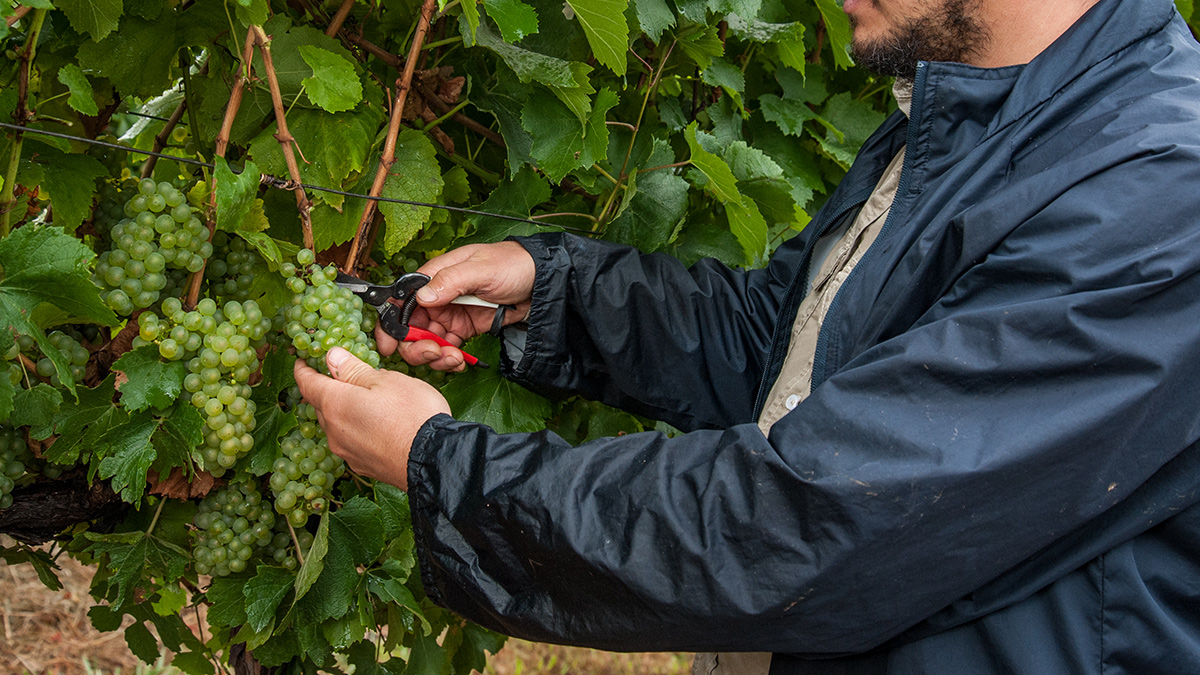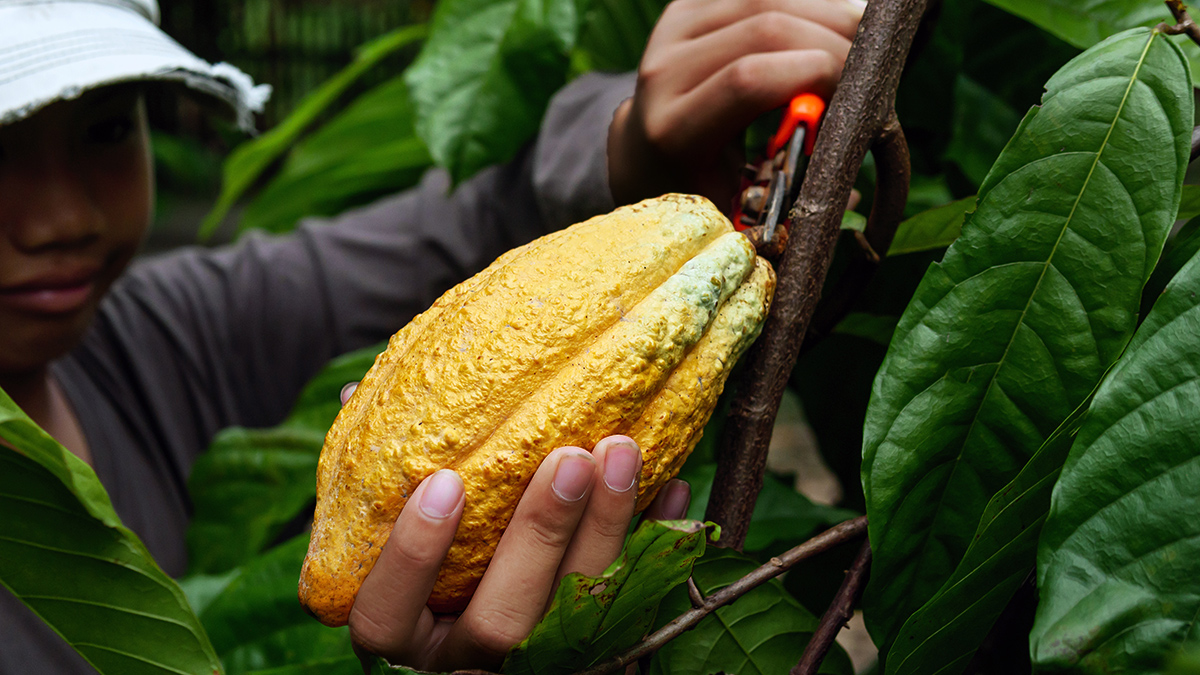Get our independent lab tests, expert reviews and honest advice.
Government urged to strengthen Modern Slavery Act
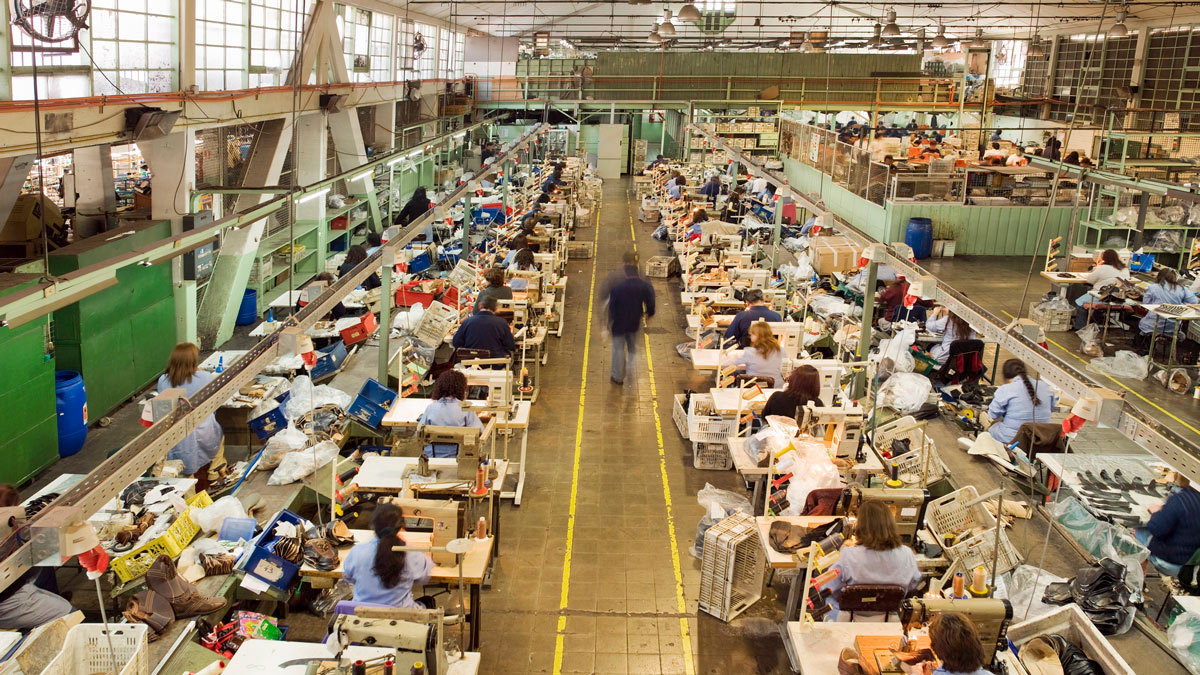
Need to know
- Three years into its implementation, the federal government is reviewing the Modern Slavery Act
- Advocates say there are some key reforms that would make the Act stronger
- CHOICE survey data has shown the majority of consumers don't even know the Act exists, but are concerned about where their products come from
The federal government has been urged to use the “landmark opportunity” of the Modern Slavery Act review to strengthen the legislation and compel companies that may be harbouring forms of slavery in their supply chains to face greater transparency and accountability.
CHOICE’s head of policy Patrick Veyret says the time has come to add an element of enforceability to a piece of legislation that currently does little to prevent businesses from exploiting workers.
“This is a landmark opportunity for the federal government to strengthen modern slavery laws in Australia, to ensure that businesses are truly accountable for their supply chains,” he says.
Current legislation is falling short
The Modern Slavery Act 2018, the first of its kind in Australia, is meant to encourage companies to address issues of forced labour and slavery-like conditions in their operations and supply chains. But three years into its implementation, experts say the Act is failing to drive real change in the business community.
Under the Act, every business based or operating in Australia with an annual revenue of more than $100 million must prepare a statement outlining the risks of forced labour and modern slavery in its operations and supply chains, both domestically and overseas.
These statements are released publicly and available to anyone, on the premise that consumers will read them and avoid companies with higher risks. The hope is that these companies will then take steps to rid their supply chains of modern slavery in all its forms.
Just 27% of companies appeared to be taking some form of ‘effective action’ to reduce modern slavery risks
But as we have previously reported at CHOICE, studies have shown that many companies are producing low-quality or incomplete modern slavery statements, and facing no punishments for falling short.
One report highlighting the issue was written by a coalition of human rights, church groups and academics in February this year. Paper Promises? Evaluating the Early Impact of Australia’s Modern Slavery Act found that 77% of over 100 companies whose modern slavery statements were reviewed failed to meet the basic reporting guidelines.
Meanwhile, just 27% of companies appeared to be taking some form of “effective action” to reduce modern slavery risks.
The report called out companies such as Lite n’ Easy, Drakes Supermarkets and Clifford Hallam Healthcare as poor performers in modern slavery reporting, while Woolworths, Coles and Kathmandu were reviewed more favourably.
Who is responsible for change?
Report co-author Amy Sinclair, from the non-governmental organisation the Business and Human Rights Resource Centre, says putting the responsibility on consumers to read modern slavery statements and drive change through their shopping decisions was a serious flaw in the design of the legislation.
“Are we seeing it driving a race to the top in human rights practices amongst companies or not?” she says. “The Act has had a significant impact in terms of generating awareness in Australia, about modern slavery in business operations and supply chains. But we’re not yet seeing it having the kind of impact that is going to drive meaningful change for workers on the ground.”
Responsibility must firmly sit with businesses to ensure that they are acting ethically
CHOICE head of policy Patrick Veyret
Veyret agrees that the onus to drive change shouldn’t be on consumers.
“Australians care about making ethical and sustainable purchases. However, people live busy lives, and simply don’t have time to find, read and understand modern slavery statements to determine a business’s reputation. Consumers should not be burdened with this. Responsibility must firmly sit with businesses to ensure that they are acting ethically,” he says.
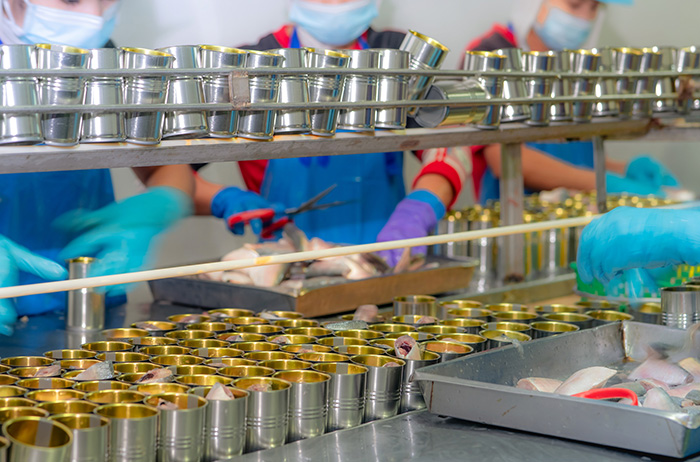
Most consumers care about shopping ethically
CHOICE conducted a nationally representative survey of over 1000 people in September to gauge consumer understanding and awareness of key issues relating to modern slavery. The results showed that Australians are concerned about where their products come from.
Over half (58%) of people surveyed view worker exploitation and slavery as an extremely or very important issue that should be addressed in Australia. More people said they would sooner avoid an unethical brand or company rather than seek out an ethical one.
More than eight out of 10 of those surveyed (84%) agreed that Australian businesses should be held responsible for misleading the public about their stance on ethics, including their use of slave or child labour.
But while concern around slavery and the ethical profile of consumer goods was high, understanding of the Modern Slavery Act was not. Over three-quarters of our survey respondents hadn’t heard of the Modern Slavery Act. Of those who were aware of it, 66% had only a limited understanding of what it is.
And that’s no surprise, as the language in most modern slavery statements is hardly accessible. We ran Modern Slavery Act statements from 10 different major retailers through a Grammarly analysis and found the average read time per statement was 43 minutes.
An issue at home and abroad
Modern slavery occurs not just within far-reaching global supply chains, but on the ground in Australia as well. In its incoming briefing for the new Home Affairs Minister in June, the Department of Home Affairs highlighted four “high-risk industries”, namely horticulture, meat processing, cleaning and security.
The International Labour Organisation estimates more than 40 million people are in modern slavery conditions worldwide, with up to 15,000 people estimated to be living in conditions of modern slavery in Australia.
Modern slavery describes serious exploitation and does not include substandard working conditions or underpayment of workers.
In a document released to CHOICE under the Freedom of Information Act, the Australian Federal Police revealed it had received 224 reports relating to human trafficking allegations in the 2020–21 financial year. The number of reports had risen from 162 reports some three years earlier.
The US has banned companies with unacceptably high modern slavery risks from importing their products into the country
While some of these related to issues such as forced marriage, 35 of the reports related to forced labour, 15 to domestic servitude, and six to slavery. Since 2004, only 30 people have been successfully prosecuted for human trafficking in Australia.
Professor Justine Nolan, Director of the Australian Human Rights Institute at the University of NSW, says it’s important that the government strengthens the Modern Slavery Act by introducing financial penalties for failing to properly report in a statement. But a wider range of responses are also needed to address the issue, including import bans, which have proven effective in the US.
The US has banned companies with unacceptably high modern slavery risks from importing their products into the country. One example is PPE glove manufacturers in Malaysia, where the use of forced labour had been detected. In Australia, a forced labour bill was introduced in parliament in 2021, but was never brought to a vote by the government.
“Penalties (for poor modern slavery reporting) are useful, but by itself can never solve the problem,” Nolan says.
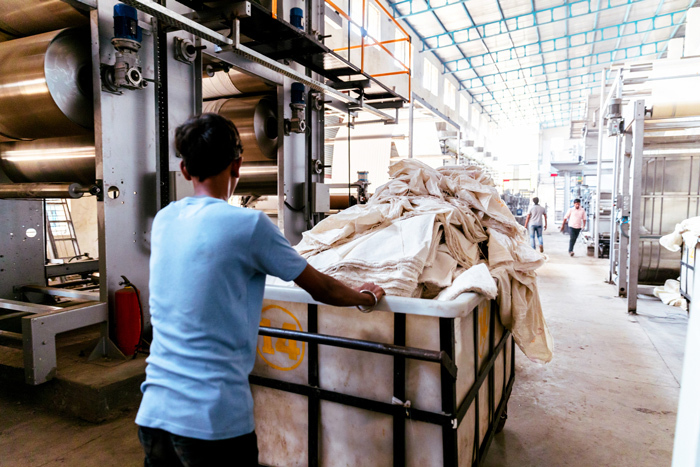
Anti-slavery commissioner and more to be done?
In the Federal Budget in October, Labor announced that it would “establish a new unit within the Attorney-General’s Department to scope options to establish an anti-Slavery Commissioner to work with business, civil society, and State and Territory Governments to support compliance with Australia’s Modern Slavery Act”.
Veyret and Nolan agree an Anti-Slavery Commissioner would be a welcome step.
CHOICE is also backing calls for the establishment of financial penalties for businesses that fail to comply with modern slavery reporting requirements, are negligent, or falsify reporting.
Sinclair says there are many positive developments around the world to combat modern slavery, pointing to new and proposed laws in European countries, and it’s important for Australia to play its part.
She says the government here needs to be aware of the global trends and initiatives being taken on in similar countries abroad.
Freya Dinshaw, Acting Legal Director of the Human Rights Law Centre, says there is a lot more Australia could be doing.
“Many companies have published modern slavery statements, but when you drill down into the detail, many aren’t even at the point of identifying the most obvious risk areas in their supply chains, let alone taking meaningful action to address them,” she says.
“Australia should be a global leader in addressing modern slavery, but instead our laws allow companies to turn a blind eye to abuse”.

